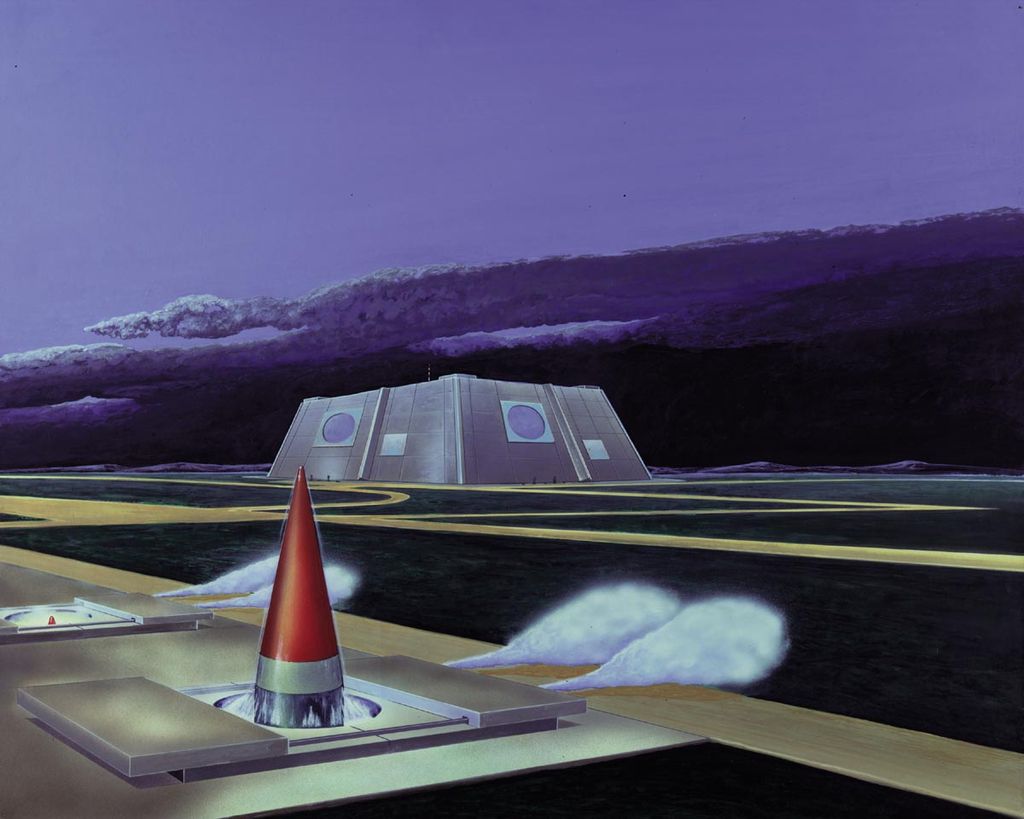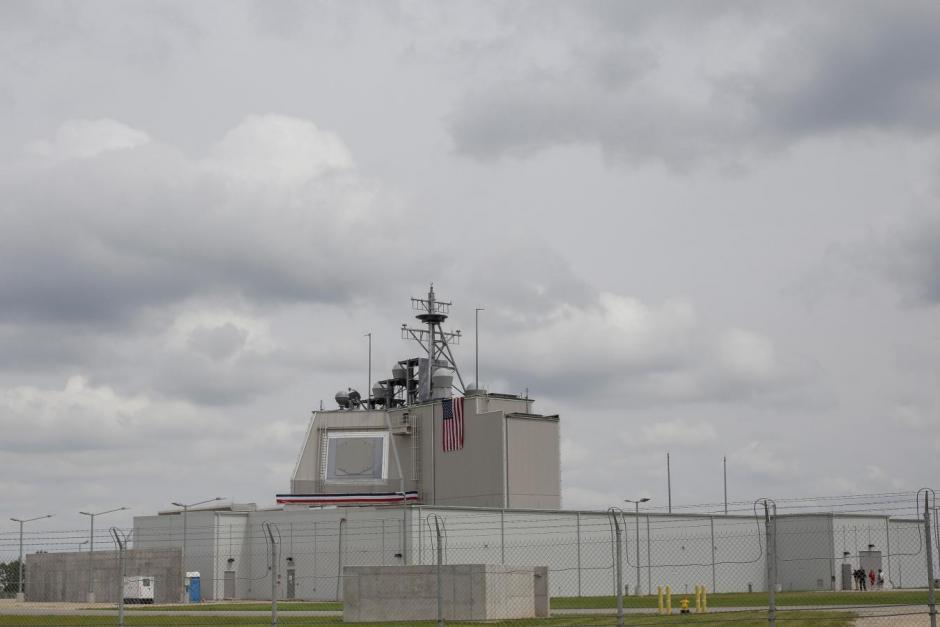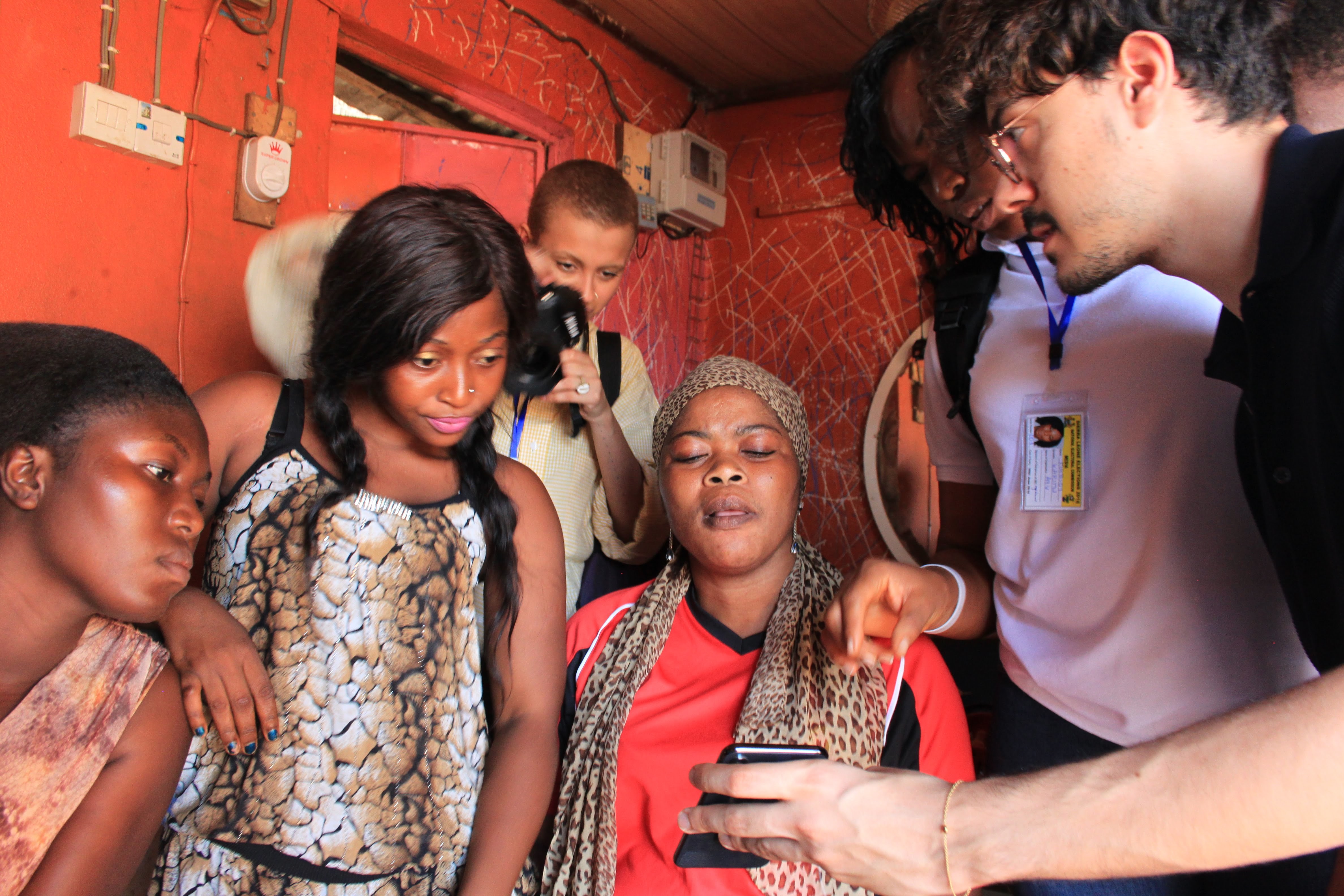Populism is dangerous and has shown overtime an irresistible propensity for war. Public safety, health and the economy are at risk. But populist propaganda is hard to resist. Populist politicians thrive on fake news: it is so much easier to fuel people’s emotions if you feed them fabricated news of imaginary crises. And if you divert their attention from real economic problems with the irresistible lure of national identity politics and blaming foreigners.
Previous articles have addressed the issue of austerity (here), the public health crisis (here) and the false “migrant crisis” (here). Here we take a look at populism’s propensity for war. Historically, populist leaders have been warmongers, Hitler first among them, for waging war across national borders and Pol Pot within borders. Nowadays, exhibit A is Putin’s invasion of Ukraine’s Crimea in 2014, diverting Russians’ attention from a deepening recession. Exhibit B is Trump’s rising militarism that has just jumped to the next level with John Bolton’s visit to Moscow this week to tell Putin the U.S. will withdraw from the I.N.F. Treaty.
Mikhail Gorbachev, former president of the Soviet Union, has no doubts: A new nuclear arms race has begun, he writes in an opinion piece for the New York Times. He should know what he’s talking about. He is the man who signed with President Reagan in 1987 the I.N.F. treaty, one of the major arms non-proliferation treaties. For Europe, it is the most important since it aims at eliminating the arsenal of intermediate and shorter-range missiles.
Back then, Gorbachev was at the helm of a dying Soviet Union shaken by the fall of the Berlin Wall, and he, more than anyone, believed in a new age of peace and international cooperation. He famously talked of a “Common European Home” and hoped to bring Russia inside Europe as an equal partner.
That did not happen and the rise of Putin put paid to those hopes.
In that article, Gorbachev reminds us that the I.N.F. treaty was followed by two more important ones, the Strategic Arms Reduction Treaty (a.k.a. Start 1, signed in 1991 by George H.W. Bush) and the New Start Treaty (2010 signed by Obama). By 2015, The US and Russia were able to report at the United Nations Nuclear Nonproliferation Review Conference that 85% of the arms had been retired and mostly destroyed.
An amazing success that Trump, another Republican President, is about to reverse.
Predictably, Russia is accused of violations, the standard way to break off treaties. And yet, the Republican party was not always the party of the military-industrial complex, a notion another Republican President warned America against: It was Eisenhower, in his farewell address in 1961, who identified the threat and famously coined that phrase.
In the Trump era of America First, it’s hard to remember that just three decades ago, in the 1980s, there were politicians who had genuine liberal, progressive ideas – even in the Soviet Union that after 70 years of dictatorship looked like a hopeless case. Especially in the Soviet Union which, as events showed with Gorbachev’s Perestroika, was ready for a dramatic change, putting its Communist past and the Cold War in the dustbin of History.
Now, History’s dustbin is about to be emptied on the world stage, bringing the Cold War back. Firebrand John Bolton, Trump’s National Security adviser (appointed last April) is having his moment of glory.
A former U.S.Ambassador to the United Nations (under Bush), Bolton has always hated international treaties in general and the United Nations in particular. His fondest memory, he recalls in his 2007 memoir, was to pull the U.S. out of the International Criminal Court treaty. No matter the Court presented no particular danger to American sovereignty and that it was a major step forward for international law and justice. Bolton is an uncompromising hawk. For him the world is a jungle, justice is for sissies and the U.S. needs to be top dog.
Now he is pushing Trump to withdraw from all international treaties – including further blocking the ICC and even moving out of some minor treaties like the Universal Postal Union, a 144 year-old postal treaty run by the United Nations, accusing it of letting China ship goods at an unfair discount. That was done last week.
The fact that the ICC, as per its mandate, cannot prosecute any American without the consent of an American court is not mentioned by John Bolton or anyone in the Trump administration. They all prefer to present the ICC as illegitimate and a threat to American sovereignty. They do not accept the simple fact that the ICC is a UN body and therefore not illegitimate; and that it is never a threat to a country that respects international law and justice. And America used to be a paladin of justice but with populists in power, that has changed. Trump’s priority now is moving out of nuclear arms treaties – and that fits in nicely with his military build-up strategy.
Let’s tick off the ways Trump has gone about re-militarizing the U.S.:
- Pumping up the defense budget to a historic high of $717 billion, even though America has always spent more than the rest of the world combined on military expenditures; of special note: $21.9 billion for the Department of Energy’s nuclear weapons programs that includes research and testing;
- Getting out of the 2015 deal to limit Iran’s nuclear activities;
- And now systematically pulling out of all remaining non-proliferation arms deals.
To be fair to Trump, the U.S. had already pulled out of the Antiballistic Missile Treaty in 2002. That was done by the Bush administration without a good explanation, much to the dismay of the Federation of American Scientists, an association created in 1945 by the scientists who built the first atomic bomb. Their 2001 letter of protest to Congress ended with the following words that apply equally well to all the treaties that Trump is seeking to undo:
“America has always sought to lead the world by example. Yet if other countries were to follow the example we have just set, the framework of international law would disintegrate. President Bush has just released NMD’s first shot, and it has landed squarely in the heart of American security.”
Bolton’s trip this week in Russia was clearly intended to lay the ground to kill off the I.N.F. arms treaty, much to Putin’s barely concealed amusement. Watch him smile:
This is exactly what makes Putin happy: He gets a green light from Trump to go ahead with building up his military arsenal, and takes none of the blame. The military build-up is entirely Trump’s.
Bolton’s visit was relatively “friendly” and ended with an invitation to Putin to visit Washington in “early” 2019. Before then, Trump and Putin will see each other in Paris on 11 November, on the sidelines of the 100-year anniversary of World War I armistice. But Bolton stood his ground and warned Russia “not to mess with American elections”, threatening more sanctions to address Russia’s interference in its elections and its annexation of Crimea.
What we get here is the American side of the story.
In the photo: Missile defense site inaugurated by the U.S. in Romania May 2016, angering Russia. The photo shows a view of the command center at Deveselu air base Source: Reuters (article and photo Octav Ganea
But what is interesting is to look at the Russian side. Putin lays bare his thoughts, detailing the danger for Europe in the course of a recent press conference (25 October – Italian Prime Minister Conte was on a state visit). Putin’s candor is extreme:
Should Europe worry? Judge for yourself. Putin puts it in very clear terms: The question is, he says, what will the Americans do with the new missiles they plan to build? Deliver them to Europe? If they do so, Russia will have no choice but to enter the arms race…Then he makes it even clearer: The European countries that agree to host American missiles need to realize that “they put their own territories under the threat of a strike response”.
No matter how you interpret Putin’s statement or Trump’s breaking off arms treaties, there is little doubt that the Cold War will soon be back. Whether it will be as cold as the original one remains to be seen. But one thing is certain, populism’s obsession with national sovereignty is a source of tension, if not of out-and-out war. At least not yet.
EDITORS NOTE: THE OPINIONS EXPRESSED HERE BY IMPAKTER.COM COLUMNISTS ARE THEIR OWN, NOT THOSE OF IMPAKTER.COM
FEATURED PHOTO: The Soviet Union built the world’s only operational anti-ballistic missile (ABM) system around Moscow in the 1970s. Beginning in 1980, they improved and expanded this system. Two of these improvements are shown in this 1983 illustration: the silo-based, nuclear-tipped GAZELLE interceptor missile and a new large radar intended to control ABM engagements. SOURCE: Ronald C. Wittmann (http://www.dia.mil/history/art/exhibit.html) [Public domain], via Wikimedia Commons











